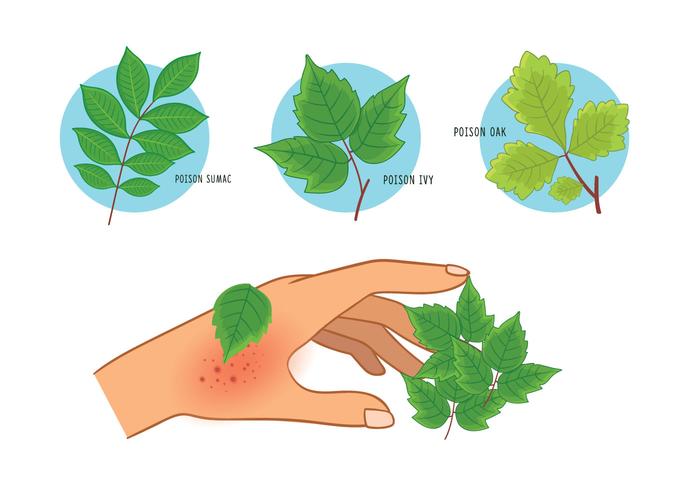Articles

QUICK HEALTH TIPS: Poison Ivy 0
Poison ivy, poison oak, and poison sumac are probably the most common allergenic plants in the United State. These plants grow in every state except Alaska and are common along roadsides, in forests and pastures, and along streams—even, in the case of poison ivy, in suburban backyards.
Poison ivy and poison oak are members of the same botanical family. Poison ivy is more prevalent east of the Rocky Mountains; poison oak is more common to the west and southwest. Poison sumac is common in southern swamps and northern wetlands. All three plants product similar symptoms, and as a result all three are often referred to simply as poison ivy.
It is estimated that 65 percent of Americans are
- Anthony R

QUICK HEALTH TIPS: Momory Loss 0
Memory is as natural to us as breathing. It is an ability we all have, yet rarely think of—unless we perceive that we are losing that ability. Memory lapses are an annoyance in themselves, but worse is the anxiety that often comes with them. We begin asking ourselves if they are a symptom of some other problem, such as midlife depression or arteriosclerosis. Probably the greatest fear provoked by lapses in memory is that of Alzheimer’s disease, a progressive and debilitating disease that usually starts in midlife with minor defects in memory and behavior. Although this is a fairly common disorder among older people, it is important to realize that most memory lapses have nothing to do with Alzheimer’s disease.- Anthony R

QUICK HEALTH TIPS: Lyme Disease 0
This disease takes its name from the town of Old Lyme, Connecticut, where it was first identified in 1975. Since that time, the locations and the number of cases of Lyme disease have continued to increase. Over 15,000 cases of Lyme disease are reported in the United States every year, according to the Center for Disease Control and Prevention in Atlanta, though they say the disease is greatly underreported.- Anthony R

QUICK HEALTH TIPS: Kidney Stones 0
Kidney stones, medically termed RENAL CALCULI, are accumulations of mineral salts that can lodge anywhere along the course of the urinary tract, and they can be one of the most painful of all health ailments. Human urine is often saturated to the limit with uric acid, phosphates, and calcium oxalate. Normally, due to the secretion of various protective compounds and natural mechanisms that control the pH of urine, these substances remain suspended in solution.
- Anthony R

QUICK HEALTH TIPS: A few notes on diabetes type 2 0
People with type 2 diabetes often cannot perceive sweet tastes. This abnormality may play an important role in how individuals with diabetes perceive the taste of their food, and also in how well they comply with the dietary aspects of treatment. Because our society as a whole is addicted to sugar, this distorted taste perception is very common among the population in general.- Anthony R

QUICK HEALTH TIPS: Depression - continued 0
Some people become more depressed in the winter months, when the days are shorter and darker. This type of disorder is known as seasonal affective disorder (SAD). Women are more likely to suffer from SAD than are men. People who suffer this type of depression in the winter months lose their energy, suffer anxiety attacks, gain weight as a result of craving the wrong foods, sleep too much, and have a reduced sex drive.- Anthony R


